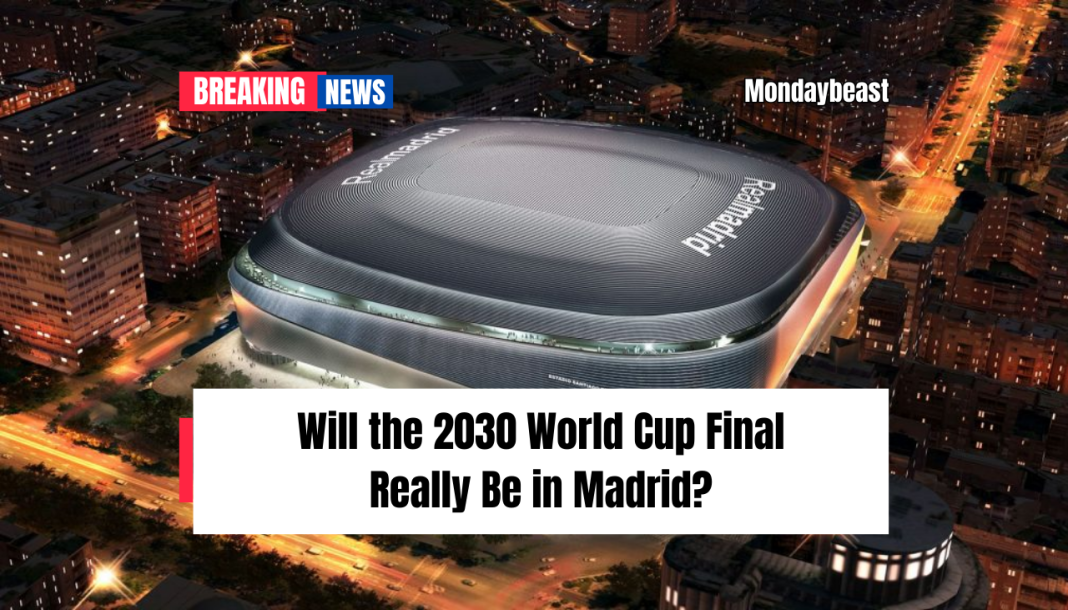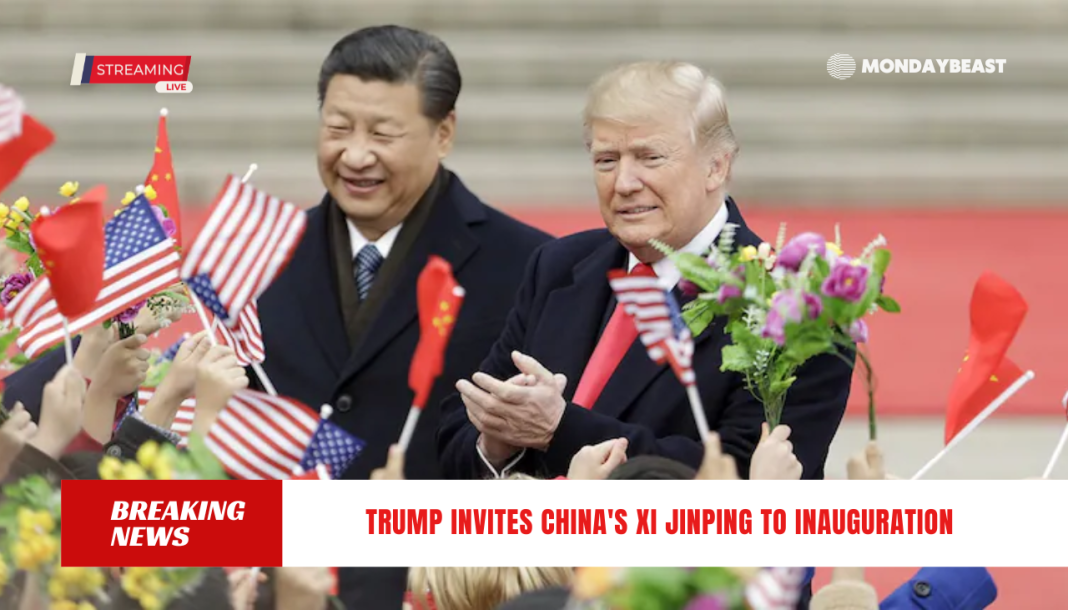As the dust settles on the announcement of the 2030 World Cup venues, fans around the world have one burning question: Where will the final be held? While FIFA has confirmed that Spain, Portugal, and Morocco will host the tournament, the debate over the final’s location intensifies. Is the Santiago Bernabeu in Madrid truly the front-runner, or could a last-minute surprise shake things up?
This landmark World Cup represents more than just a tournament. It marks a centenary celebration of Uruguay’s 1930 World Cup. With three inaugural matches scheduled in South America, one can’t help but feel a touch of nostalgia. Uruguay was the original host and victor. How fitting that they get the chance to kick things off again?
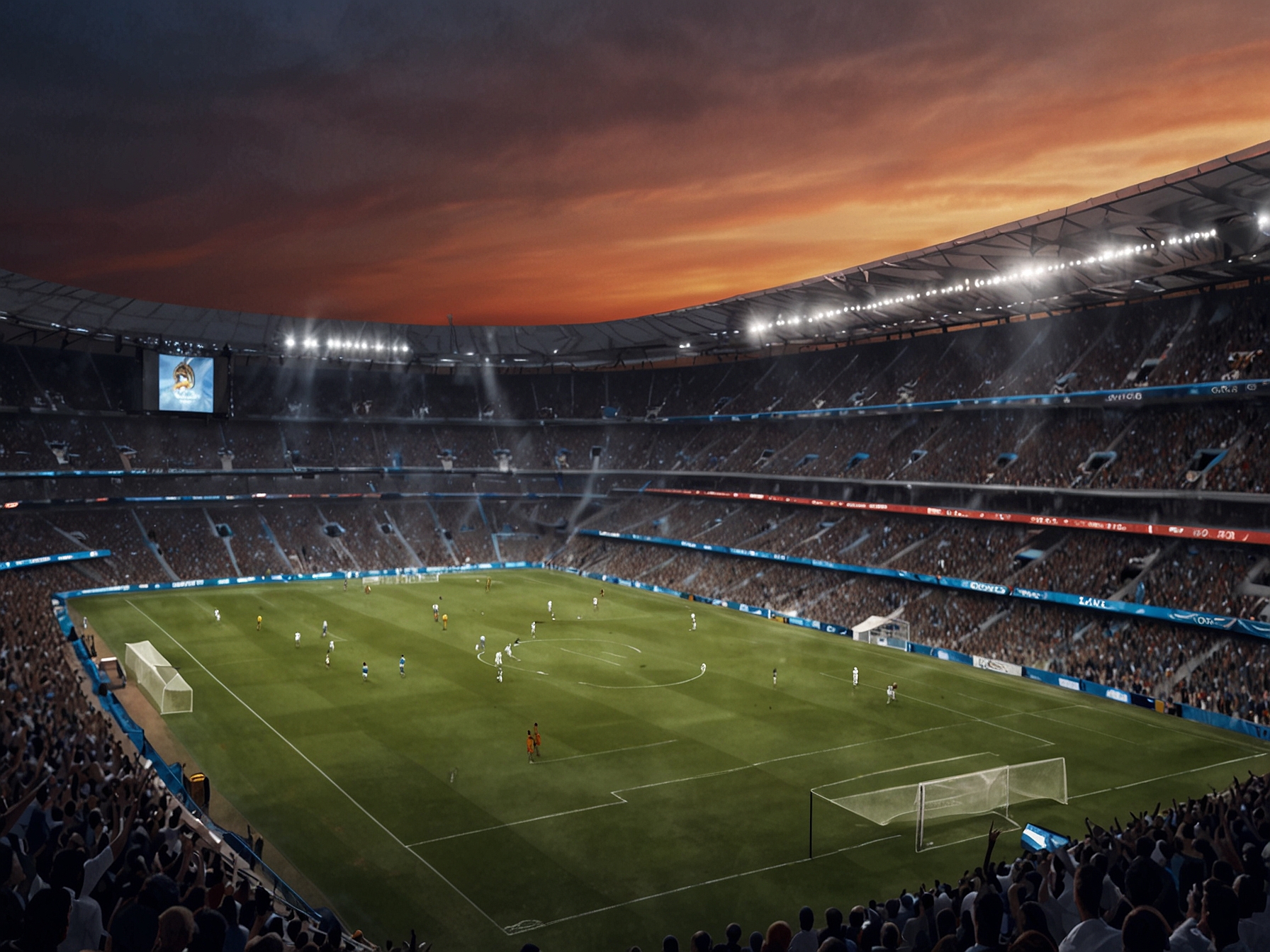
Yet, the joint bid from Spain, Portugal, and Morocco adds layers to this story. Each nation has its sights set on the final, but the stakes are high. How do these countries plan to showcase their unique identities while also competing? Let’s explore the dynamics at play.
Spain’s Stake in the Final
Spain has a long history in football. The nation’s pride, particularly around Real Madrid, looms large. The Bernabeu, with its 81,044 seats, remains a likely favorite. It’s hard to ignore the nostalgia of Italy beating West Germany there in 1982—it was a dazzling moment in World Cup history.
Yet what about the Camp Nou in Barcelona? Even though it has over 105,000 seats, many see it as a potential semi-final venue. Is it merely a backup, or could it emerge as an unexpected contender?
Morocco’s Ambition
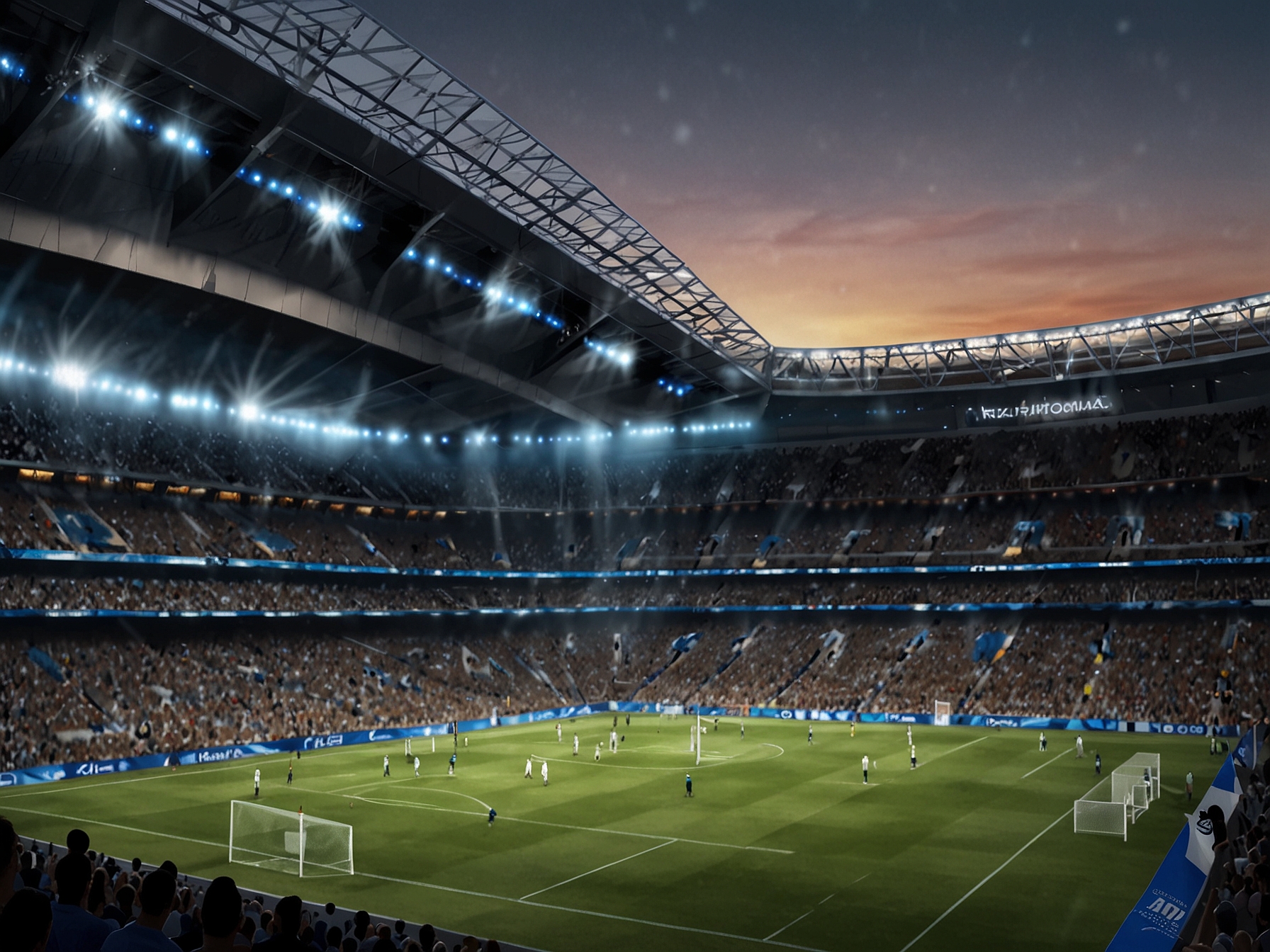
The Moroccan Football Association is no shrinking violet. They dream of a new stadium in Casablanca that could hold 115,000 and claim the title of the world’s largest! That’s immensely ambitious, isn’t it? Despite these grand plans, officials know they face fierce competition. If their new stadium isn’t finished, would they settle for a semi-final?
Moreover, with Spain’s political turmoil and the recent exit of former RFEF president Luis Rubiales, Morocco sees a chance to assert itself. Could they seize the moment?
Portugal: The Underdog
And then there’s Portugal, with three venues limping along—none of which can hold over 65,000. Will they play a pivotal role, or linger in Spain and Morocco’s shadows? The Estadio do Dragão in Porto is impressive, yet how will it stack up compared to the bigger venues?
FIFA’s Decision-Making Process
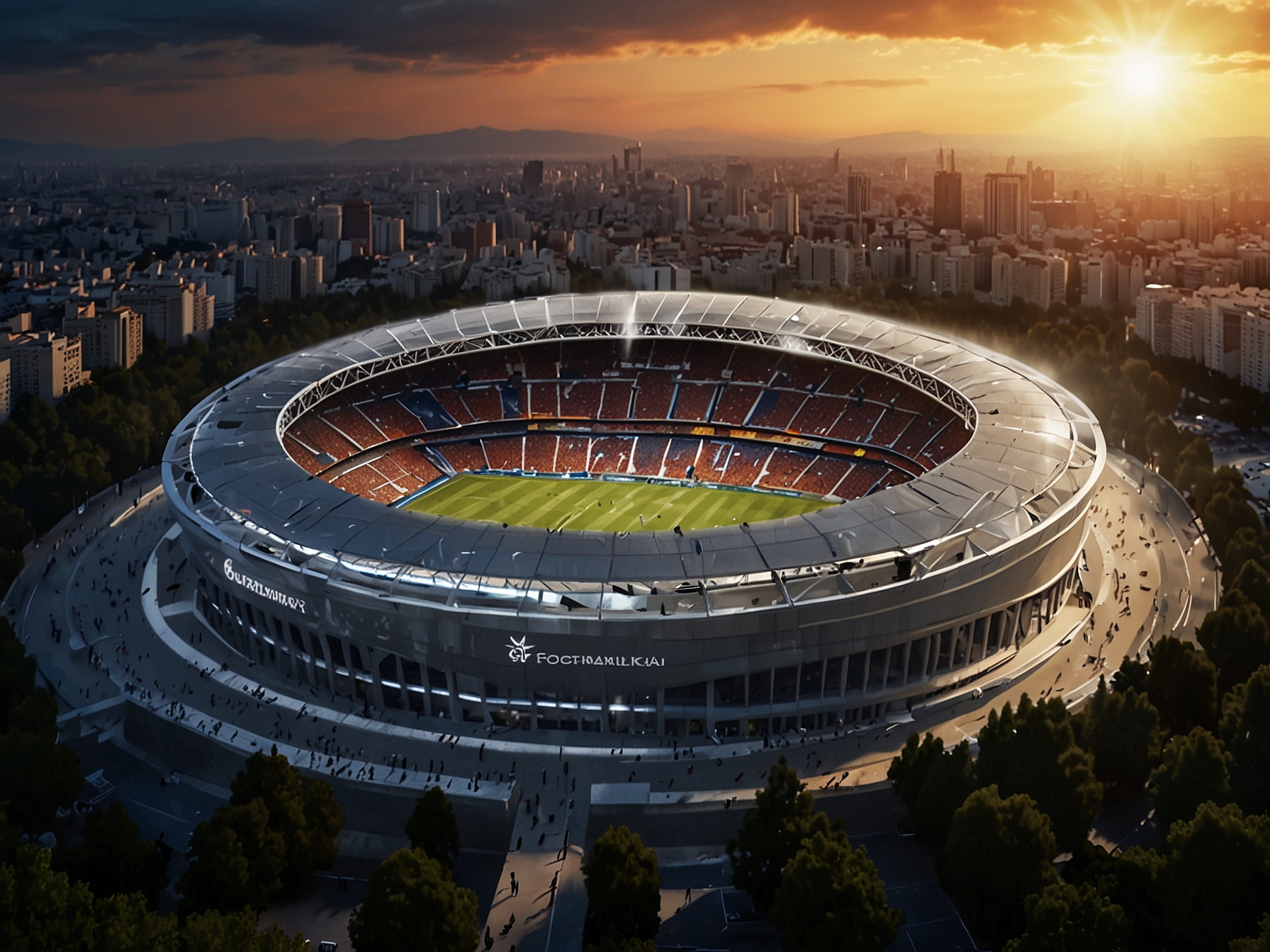
FIFA’s sudden green light for a six-nation tournament came as a shock to many. The decision raises questions about practicality. Already, there are murmurs about how many games will find their way to each host country. Could we see a reduced number over time?
With 20 stadiums presented for the bid, it feels like they are spreading themselves a bit thin. Is FIFA focused more on profit than on fans? How will they balance revenue with providing a memorable experience?
The Constellation of Factors
Madrid remains in the lead for the final, with whispers of President Florentino Perez’s influence over FIFA. Such connections could easily sway decisions. Still, what if things change unexpectedly?
It’s hard to fathom the final not being at the Bernabeu. Yet, amid all this competition, there could be surprises. What happens if Morocco’s plans materialize? Could that shift the landscape dramatically?
As the tournament’s details unfold, many questions linger: How will the host nations balance their identities? What measures will FIFA take to ensure memorable games? The world football community watches with bated breath, excited yet anxious.
Conclusion: A World Cup for All?
The 2030 World Cup promises to be more than a sporting event. It’s a celebration of unity among nations. But with so much at stake, the questions remain: Where will the final truly be held, and how will history remember this moment? As anticipation builds, one thing is for sure: football lovers will be glued to their screens, ready to witness history.

